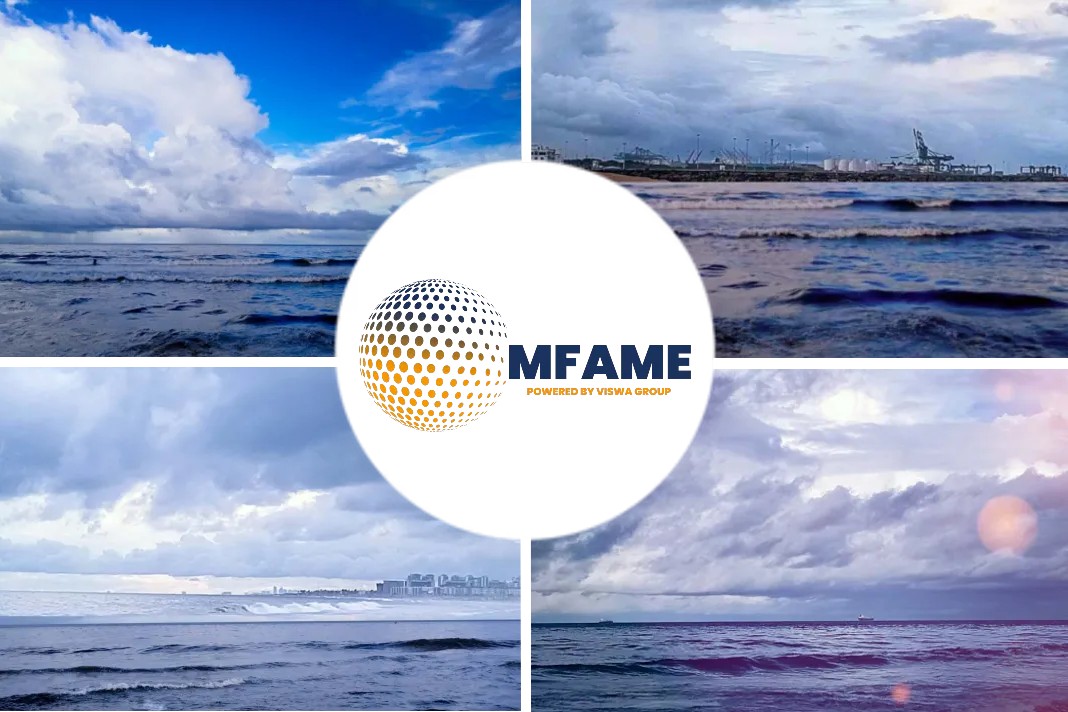A rapidly decaying supertanker in the Red Sea could explode at any time, reports Rigzone quoting a warning from the joint statement from representatives of the U.S. and Netherlands governments.
A ticking time bomb
“The Safer is a rapidly decaying and unstable supertanker that contains four times the amount of oil spilled by the Exxon Valdez,” the statement, which was published on the U.S. Department of State’s website late last week, noted.
“It could leak, spill, or explode at any time, severely disrupting shipping routes in the Gulf region and other industries across the Red Sea region, unleashing an environmental disaster, and worsening the humanitarian crisis in Yemen,” the statement added.
Representatives of the governments of the United States and the Netherlands have partnered to support the UN efforts to address and avert the economic, environmental, and humanitarian threats posed by the Safer oil tanker, the Department of State noted on its site.
Last Friday, the Dutch Ambassador to the United States, André Haspels, hosted a meeting joined by U.S. Special Envoy Lenderking, Yemeni Ambassador to the United States Mohammed al-Hadrami, and representatives from the diplomatic community in Washington, D.C., according to the joint statement.
They are said to have stressed the importance of raising $144 million to fund the UN’s operational plan, which includes $80 million for an emergency operation to offload the oil from the Safer to a temporary vessel, the statement highlighted. At the pledging event co-hosted by the UN and the Netherlands earlier this month, nearly half the funds required for the emergency operation were raised, but more is urgently needed to move forward, the statement warned.
Back in April, U.S. Special Envoy for Yemen Tim Lenderking and Dutch Ambassador to Yemen Peter Derrek Hof joined UN Resident and Humanitarian Coordinator for Yemen David Gressly on a regional trip in the Gulf to increase awareness of the imminent risks the Safer poses to the entire region, the statement outlined.
FSO Safer
Due to the ongoing conflict in Yemen, all production and export operations related to the floating storage and offloading (FSO) Safer vessel have been suspended, but nearly 1.1 million barrels of crude oil is estimated to remain onboard, according to an International Maritime Organization (IMO) focus page on the vessel, which was last updated on May 20.
The FSO has not been inspected or maintained since 2015 and has been out of class since 2016, leading to serious concerns about its integrity, the focus page notes. It is understood there is currently no oil leaking from the unit, but it is considered that the risk of an oil spill from the FSO Safer is increasing as its structure, equipment and operating systems continue to deteriorate, the focus page adds.
“The main risks associated with the FSO are the possible structural failure of the unit due to the lack of maintenance that could result in a leak from storage tanks due to a fracture forming on the hull or as a large release due to an explosion from the build-up of flammable gases,” the IMO page states.
“The situation is particularly complex due to conflict in the region and the ongoing Covid-19 pandemic,” the page adds.
The FSO Safer is located approximately 4.8 nautical miles off the coast of Yemen and was originally built as an ultra-large crude carrier (ULCC) in Japan in 1976 before being converted to an FSO in 1986, the IMO page outlines. Since 1988, it has been moored at Ras Isa where, prior to the escalation of the conflict in 2015, it had been receiving, storing and exporting crude oil flowing from the Marib oil fields, the page points out.
A statement on the FSO Safer published on the UN’s website earlier this month highlighted that the vessel is 1,233 feet long and “among the largest oil tankers in the world”.
Did you subscribe to our daily Newsletter?
It’s Free! Click here to Subscribe
Source: Rigzone



















